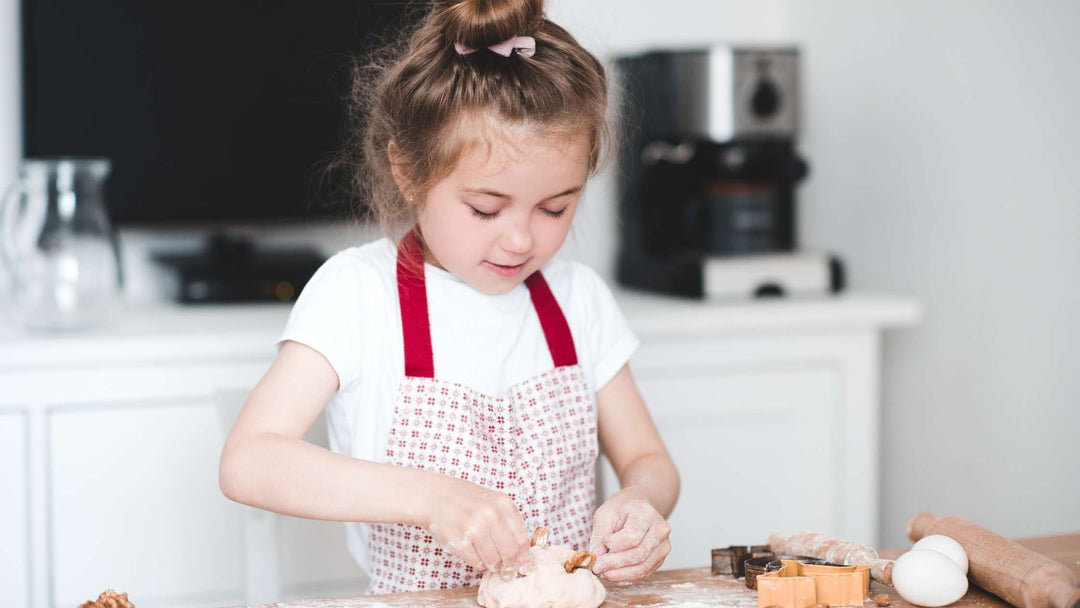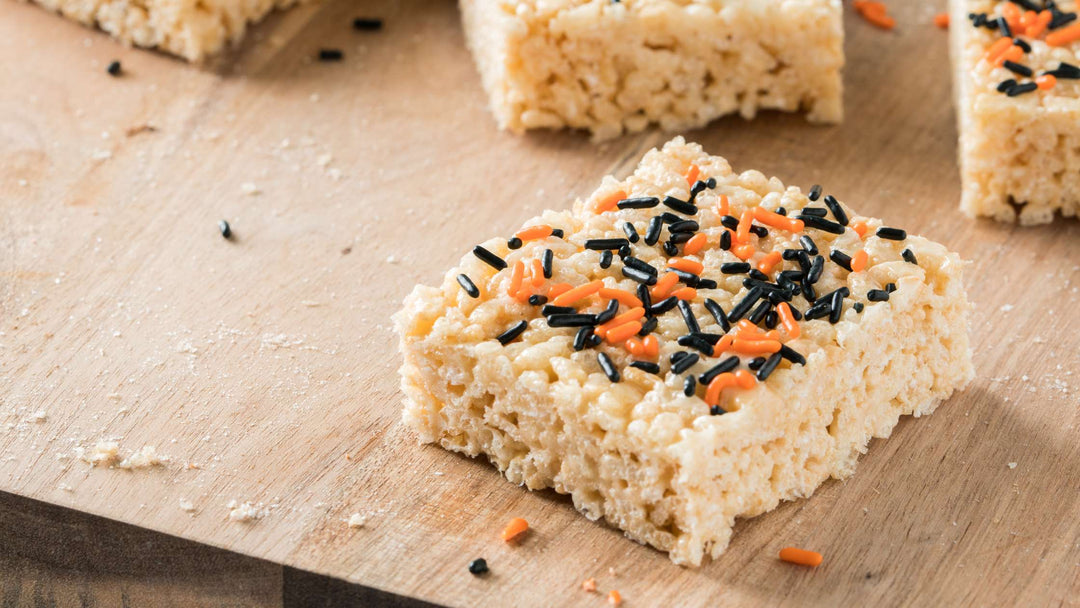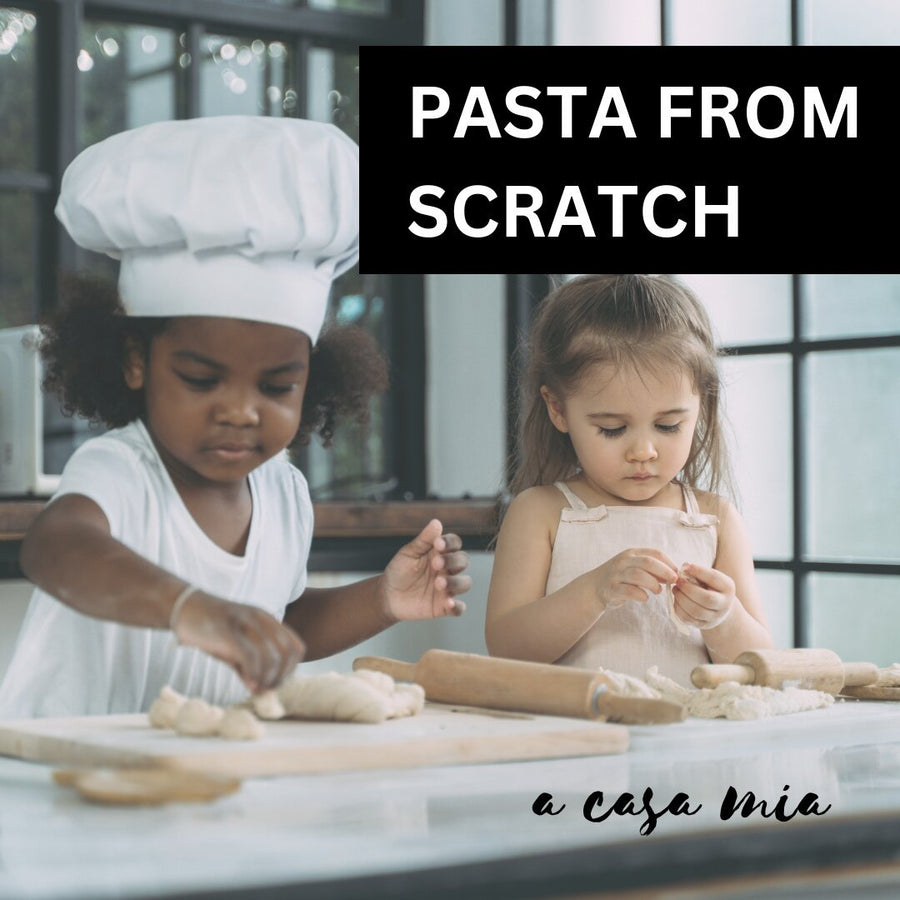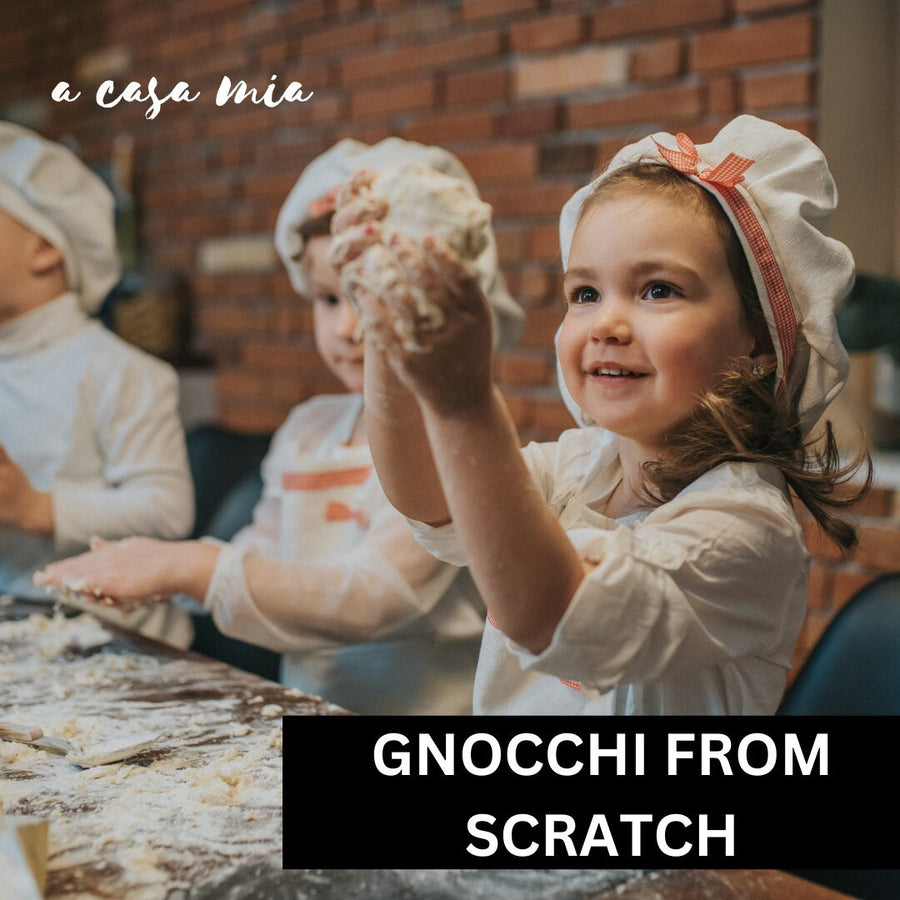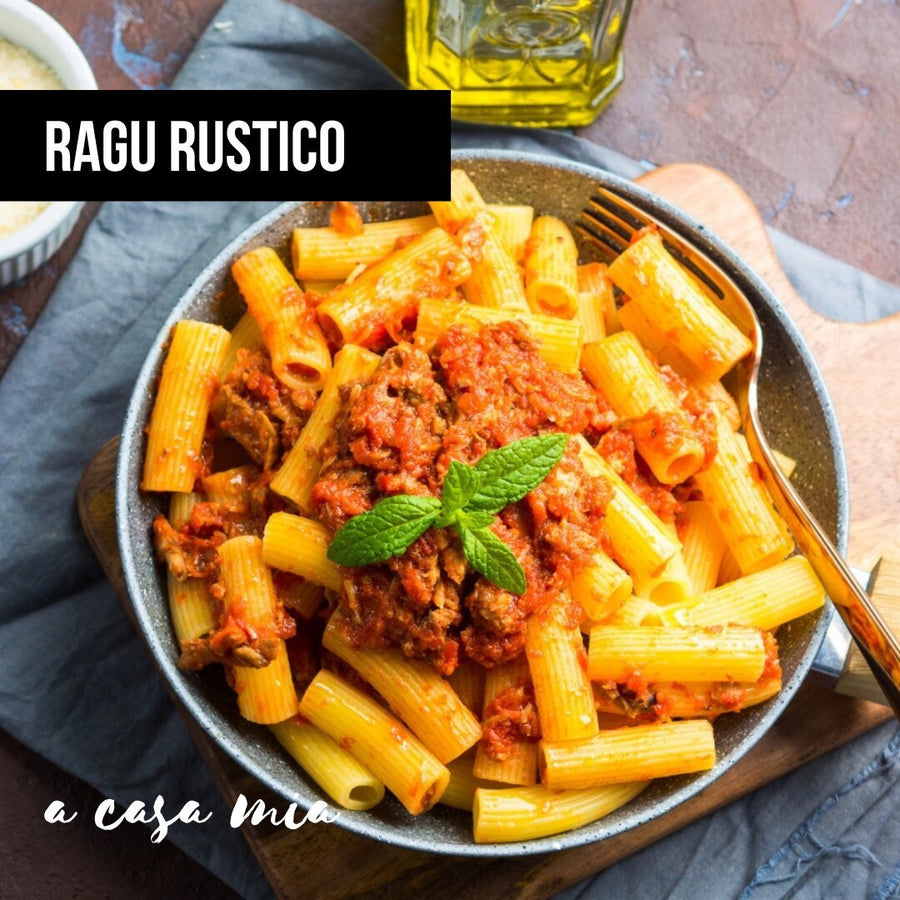Sample Blog Post 6
What happens when you bake?
Baking is a fascinating process that involves the transformation of ingredients into delectable treats through the application of heat. When you place your batter or dough into the oven, a series of chemical reactions occur, resulting in the creation of mouthwatering desserts.
Why does baking require heat?
Heat is a crucial element in baking as it triggers various chemical reactions. One of the most important reactions is called the Maillard reaction. This reaction occurs when heat is applied to proteins and sugars, resulting in the browning and caramelization of the surface of baked goods. It's what gives bread its golden crust and cookies their irresistible aroma.
How does heat affect ingredients?
Heat affects different ingredients in different ways. For example, when you bake bread, the heat causes the yeast to produce carbon dioxide, which gets trapped in the dough, causing it to rise. This is known as leavening. Similarly, when you bake a cake, the heat causes the baking powder or baking soda to release carbon dioxide, creating air bubbles that make the cake light and fluffy.
Heat also causes fats to melt, resulting in a tender and moist texture. It helps to melt chocolate, making it smooth and glossy. Additionally, heat causes the starches in flour to gelatinize, giving structure to baked goods.
What happens to sugars during baking?
Sugars play a crucial role in baking. When exposed to heat, sugars undergo a process called caramelization. This process gives baked goods their rich, golden color and adds depth of flavor. Caramelization is responsible for the sweet, toasty taste of cookies, cakes, and pastries.
Why is temperature control important in baking?
Temperature control is vital in baking to ensure that the desired chemical reactions occur at the right pace. If the oven temperature is too low, the reactions may not happen properly, resulting in undercooked or dense baked goods. On the other hand, if the oven temperature is too high, the surface of the baked goods may burn before the interior is fully cooked.
It's important to follow the recipe's instructions and preheat the oven to the specified temperature. This allows for even heat distribution and ensures that your baked goods turn out perfectly every time.
Conclusion
Baking is a precise science that involves the careful application of heat to transform ingredients into mouthwatering treats. Understanding the chemical reactions that occur during baking can help you become a better baker and create delicious desserts that will impress your friends and family.
So the next time you're in the kitchen, remember the science behind baking and enjoy the process of turning simple ingredients into something truly extraordinary.



